You have probably heard about benefits of having a Customer Relationship Management tool (CRM) but don’t exactly know the value it can bring to your business. Nowadays, there are hundreds of CRMs available now. They can significantly vary in functionality, cost, and features. All of this can be very overwhelming, especially if you are concerned with integrating a CRM or getting your employees to use it. In this detailed guide, we will go over the basics of a CRM, how to select a CRM for your business, successfully integrating it into your business, avoiding common pitfalls that companies face with CRMs and how you can maximize your ROI on your CRM.
What is a CRM tool?
The simple definition of a Customer Relationship Management (CRM) tool is a “technology for managing all your company’s relationships and interactions with customers and potential customers.”As one of the primary goals of a CRM is to enhance relationships between businesses and people, a good CRM serves as “a central database for your business to manage all your interactions with prospects and clients.” As a contractor, that means managing all of your customer records, estimates, jobs, invoices, and more.However, for a contractor business, traditional CRMs do not usually work. Service-based businesses have specific needs not covered in most CRMs. This is mainly because a lot of customer interaction happens at the customer’s site. At the very least, as a service-based business, you will need a CRM that provides them immediate access on-site. For most contractors, this also requires a fair amount of customization to get the tool to work well within their business.Service-based business requirements are vastly different from a marketing agency, for example. Marketing agencies have business clients with multiple contacts, and much of their communication happens digitally. A traditional CRM will likely fit their business very closely, right out of the box.Most contractor businesses tend to have many individual clients, and so employees in the field need to be able to complete specific tasks easily, like creating estimates. Many of the larger CRM platforms allow customization that will enable this functionality. The downside is having to invest time and money in building those customizations. This is something most small businesses cannot afford to do.This outlines one of the biggest issue companies face in selecting a CRM tool. What software best fits our business? Later in this guide we explore this question in much more detail, and we provide direction on finding the right solution for your company.
I. What a CRM can do for your business
The most significant benefit a CRM can bring to your business is connecting with your customers to help you grow the relationship. A CRM can help you guide your customers through the sales funnel and repeatedly bring them back to you. For example, if you have a roofing business, you may have been called once for a small leak or simple repair of missing shingles. While onsite you might schedule a yearly inspection or recommend repairs or replacement. But what if you could provide recommendations throughout the year that bring you more business? It costs five-ten times more to close a new customer than retain an existing one. The best part is that a repeat customer will spend 30% more than a new customer. Sounds amazing, right?A CRM can help accomplish this without much of an effort on your part. Once you have completed the work, you can automatically schedule reminder emails to send the customer in six months. Or using your CRM system, you can quickly identify customers that have older roofs and send emails or letters to offer a free inspection. The opportunities don’t stop there.
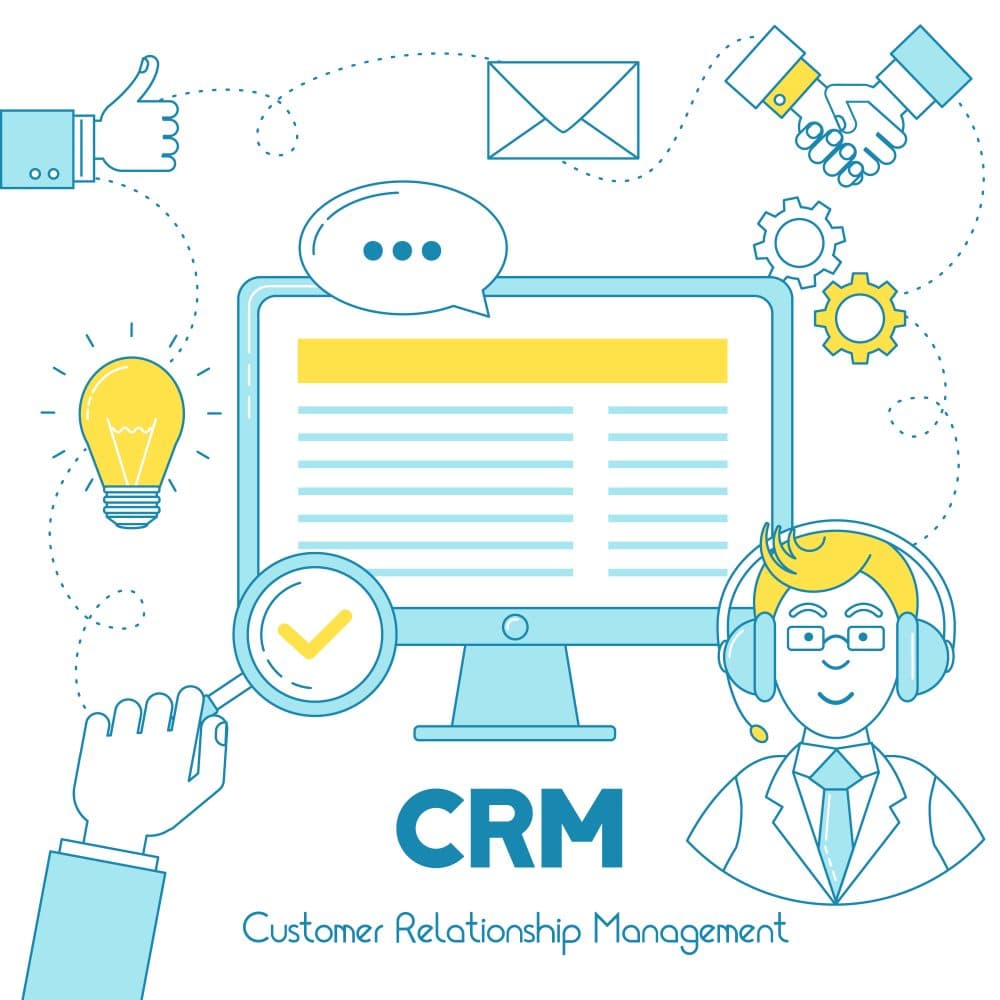
You can then set up a lifecycle email campaign to educate your customer on buying solar rooftop tiles. You could guide them through each step, explaining the benefits of solar tiles, the cost savings, tax incentive programs, installation timeframe, etc., all while carefully targeting depending on their responsiveness to your campaign.The best part is that since you already have all the technical information about their roof and house stored in your CRM, you can send simply send “personalized” emails with specific details like exact cost savings.Here are some other things you can do with a CRM:
- Organize contact information of clients and prospects
- Add detailed information about their property and interests
- Keep notes about all calls and interactions
- Categorize contacts into logical groups that make follow up easy
- Manage your relationship
- Group all communications with a prospect or customer
- Keep reminders of future follow-ups
- Always have the history of the relationship at your fingertips
- Grow your business
- Track leads and sales opportunities
- Keep a big picture view of your sales pipeline
- Identify lead sources that are delivering value
- Use data to drive future follow-ups with customers (such as the example shared above)
Different Types of CRM Solutions
CRMs can be very specific to business types. For instance, if you have a contractor based business, your CRM could house things like estimates and invoices, all work interactions (services provided to the customer), and billing and payment history.There are three types of CRMs:
1. Operational CRM
An operational CRM assists businesses in managing their day-to-day marketing, sales, and customer service operations. An operational CRM is the most popular type of CRM. It will typically include features to support marketing, sales, and customer communications.
2. Analytical CRM
Analytical CRMs are usually suitable for companies with large amounts of data. The CRM analyzes the data to improve customer acquisition, customer retention and to keep track of customer details. It usually involves aggregate data from multiple sources and using this data to recommend actions to take. By going through tons of customer data, the CRM can pinpoint bottlenecks in your sales funnel, identify customer behavior and predict conversions. These features allow you to analyze the data and identify patterns of behavior. An Analytical CRM requires a significant amount of data (sometimes millions of data points) to operate effectively.
3. Collaborative CRM
A Collaborative CRM allows a company to simplify communications between a large team, working across departments, and their customers. It gives everyone access to customer data, and it can help improve customer experience and satisfaction. This type of CRM is helpful for companies where many different people are frequently talking with the customer.
II. Benefits of using a CRM
The most significant benefit of using a CRM is having access to a centralized repository to store and maintain all your data and manage your customer relationships. Let’s face it, no one can remember everything about every customer, especially as your business keeps growing. Having all this data stored can help your business better understand your prospects and customers. These insights allow you to forge a stronger connection with your most important customers.Here are some quick statistics on the benefits of having a CRM:
- Productivity – having a CRM can improve your sales productivity by 34%
- Sales Revenue – the average Return on Investment for using a CRM is $8.71 for every $1 invested
- Upselling/Cross-Selling – you have a 60-70% better possibility of increasing revenue from existing clients and a 5-20% chance of increasing the pie with a prospect
- Retention – CRM’s can improve customer retention by as much as 27%
How a CRM can help your contracting business:
1. Increase Your Revenue – With a CRM, you can follow your prospect’s journey down the sales funnel from the beginning to beyond the point of conversion. The best part is that you can customize this funnel according to your business’ sales cycle.For example, a plumber gets a call from a customer that has an emergency repair need. They fix the problem but notice a potentially more significant issue that could come in the future. However, the customer is not interested in that, and they leave without having secured more work. With your CRM having this treasure trove of information, you could automatically send the customer follow-up emails about the bigger problem – offering a discount or educating them about future consequences.2. Store and Manage Customer Data – By using a CRM solution tailored to your business, you have ready access to customer information. This allows you to quickly pull up customer data to handle invoicing, proposal generation and payment processing on the go without having to type up the same information repeatedly.
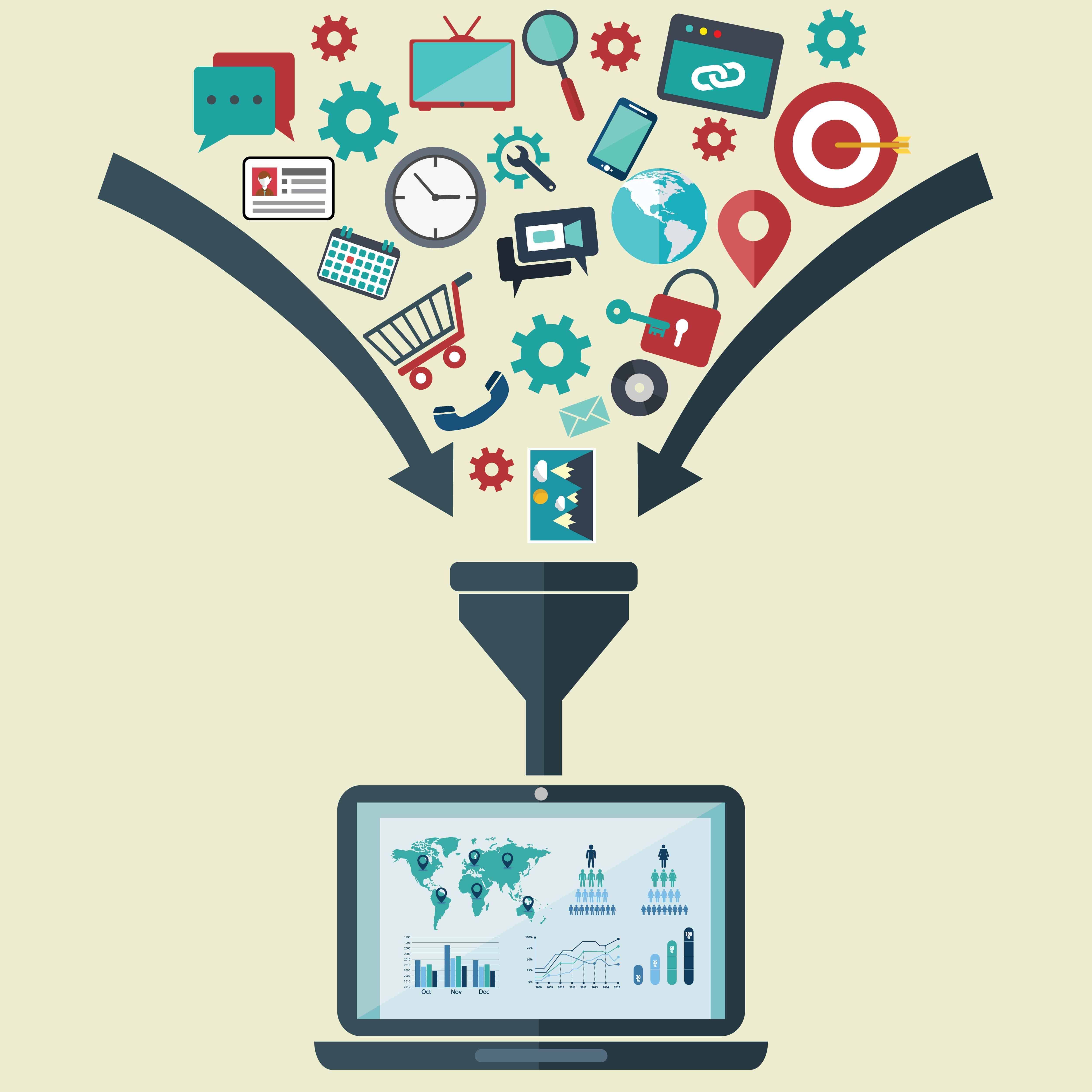
For example, you can store frequent jobs with pricing, labor cost and time required in the CRM software. Your technician can then just apply these jobs to customers and instantly generate customized invoices. As we mentioned earlier, you can later use all this data to retarget customers to increase your bottom line.3. Focus on High-Value Customers – Prioritization can save you significant time and precious resources. Your CRM can help your business prioritize high-value customers. You can segment the data by job type or spend so you know which customers matter most to your business. Additionally, some contractor CRMs can integrate with mobile apps that have GPS functionality so you can track technicians in the field. This can make it easier when you need to find a technician quickly, and it allows you to schedule emergency jobs more efficiently with minimum downtime.4. Grow Your Business withAutomation – Most CRMs allow you to set up rules to automate those tedious tasks that end taking up serious time. Automation means you can focus more of your time towards closing leads and answering customer requests.For example, with FieldPulse you can quickly send templated emails and SMS messages with just a few clicks. The details are filled in based on the job and customer data. Easily schedule follow-ups, change notices and estimated arrival times without having to type out each email or text message again manually!5. Powerful CustomerAnalytics – As the infamous saying goes, “you cannot improve what you cannot measure,” and a CRM is a treasure trove of data and analytics that can help your business improve its sales efficiency.You can find out the best source of your leads, the number of leads in your pipeline, calculate projected revenue, best-performing salespeople and the stages where your sales cycle slows down. These actionable insights can help you focus on areas that will deliver the maximum income and identify areas you need to improve.
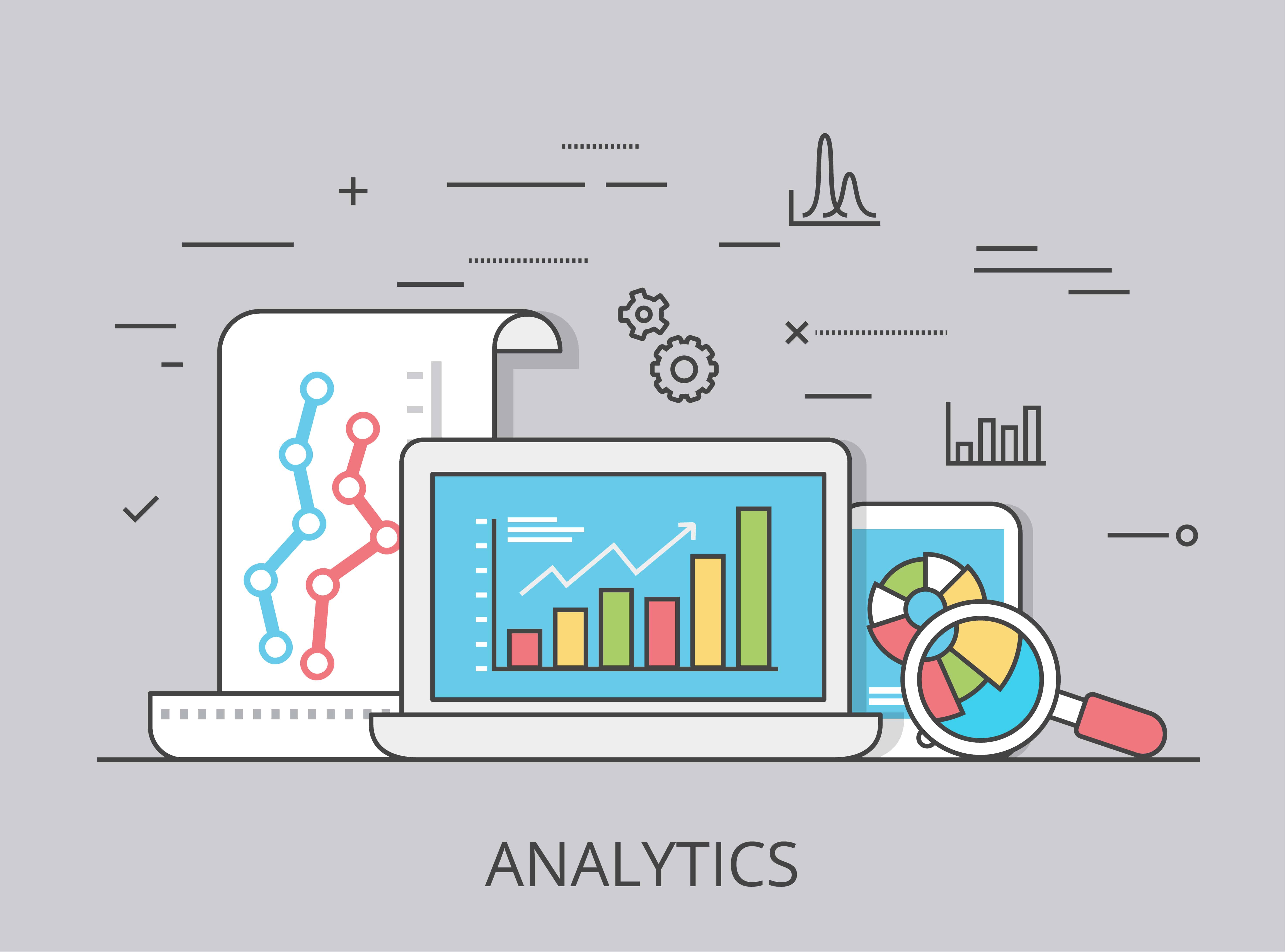
For example, if you have an HVAC business, you can look for gaps in your service schedule next week. Then search for customers in the nearby area and reach out to ones that could use a maintenance visit or even try to solicit new business by offering to consult on replacing their entire HVAC system. All of this is possible because you already have the job data stored in your CRM.The bottom line is that a contractor-specific CRM will support and grow your business. This means picking the right CRM.There are so many options out there with more and more features being added that some people get overexcited about the opportunities of the technology. They end up overspending and picking a CRM packed with features they will never use.The takeaway is that to get the biggest bang for your buck, choose a CRM designed specifically for your business.Before we discuss the criteria you should consider while deciding on a CRM; we will go over some of the common issues businesses face when integrating a CRM.
III. Common Reasons why CRMs Fail
You have probably heard horror stories about CRM failures, such as businesses losing all their data or throwing thousands of dollars down the drain.Rest assured, this does not have to happen to you. With adequate planning and research, your business can thrive with the right CRM.Now let’s go over some of the main reasons why most CRMs implementations fail and how you can avoid those common pitfalls.
Poor choice of CRM
This is the most common reason why CRM integrations fail. Many companies purchase CRM software with all kinds of bells and whistles, but later realize that the CRM does not have functionalities core to their business. Or they find out it is overloaded with things they will never use. This can make it harder for your employees to navigate the software or learn how to use it for even the easiest tasks.A simple solution to this problem is picking a CRM that is specifically built for your type of business. For example, for a contracting business, you will need a CRM that your technicians can easily access in the field. We understand the pain that small businesses suffer from the lack of resources and having to do everything on your own. That is why we built FieldPulse specifically for small businesses in the contracting industry!
Lack of Employee Adoption
Before selecting a CRM, get buy-in from your employees. Tell a story supported by statistics that prove that having a CRM will improve their sales and save them time. Merely state the benefits and train your employees on how to use the system. Another easy way to generate support is by rewarding the early adopters of your CRM solution. This gets them supporting the CRM and encourages others to follow their example.
Rushed Implementation
Don’t rush to get everyone on the CRM. Pick your top employees to pilot the software to prove the merits of the CRM and the rest of the team will follow.For example, with FieldPulse, you can start off small with just one user and then add on more users as your employees become familiar with the software.
Lack of Training
Adequate training is a pre-requisite to getting high adoption rates. Don’t overwhelm your employees; give them time to understand the system and provide them with resources to answer any questions they may have. Many CRM providers offer hands-on training webinars to new customers or detailed FAQs, so take advantage of these resources.Another easy way to manage training is to start by using only some of the features available, then introducing new processes that take more advantage of your CRM. You might start with tracking every new lead and scheduling jobs in the CRM. Later, you could manage all of your estimates and invoices from the system. Taking it one step at a time gives your team a chance to learn on the job and get more comfortable with the new system.
Incorrect Data Entry
If employees are not enthusiastic or adequately trained on the new CRM, they may enter data incorrectly. Any CRM thrives on high-quality data. Even poorly migrating data from your old CRM can have negative long-term consequences. Other than focusing on a slower integration, encouraging employee adoption and providing adequate training, there are additional steps you can take to prevent poor quality data from entering your CRM.Some CRM vendors offer premium services to migrate your data, this can speed up your integration and can ensure the integrity of your data. Secondly, consider using a CRM that easily integrates with other parts of your business, like marketing or customer support. This step can ease some of the issues that arise with data migration.
IV. Defining Your CRM Requirements
When choosing a customer relationship management (CRM) software, we recommend that you make a checklist of your requirements. This extra step will help you pick the best fit for your business. The reason is simple: the CRM you choose should support the way you do business. For example, if you send technicians or employees into the field, you need mobile apps, and your CRM should track the work done at the job site.We have put together this list of standard requirements including some specifically for service or contractor based businesses
Identifying your Requirements
Here are some questions you should ask yourself that will help you identify your requirements. Having accurate and well-reasoned answers can save you a lot of time and money down the road.
- How many users do you need?
Determining the number of end users you will require and the size of your company is a crucial first step. For example, if you are a small or medium-sized business, you do not want an enterprise solution with features you will not use.
- What’s your budget?
Larger enterprise vendors like Salesforce tend to charge more per user. While they do offer more features, having a budget in mind can help you eliminate many CRMs from the get-go. Small to medium-sized business CRMs tend to cost $20-40/user/month., depending on the platform and the features you need.

- Who are your customers?
Depending on your type of customer, the CRM can track different data. Therefore, you should keep your users and customer base in mind when searching for a CRM. For example, if you frequently need to send customers repetitive messages, then your CRM should allow you to send updates and information to customers using customized templates.
- Is the CRM customized for my industry?
You should research whether the vendor and the CRM are built for your industry. Each industry has different needs, and vendors make functionalities to match them. For example, if you are a service-based business that requires your technicians to take photographs in the field, then the CRM should be able to store files and photos specific to a job or customer.
- Do you require mobile support?
If your business has your salespeople or CRM users in the field or working remotely, then you may want to consider looking for a CRM that has a native iOS or Android app. And this might be more than just your sales team. For example, FieldPulse customers often require their team to generate invoices at the client’s site, and our smartphone app allows them to do this on the go in seconds.
- Do you prefer cloud-based or a desktop application?
Some CRMs require an application to be installed, while others are accessible through a browser. More commonly, CRM vendors provide smartphone and tablet applications with their web-app.
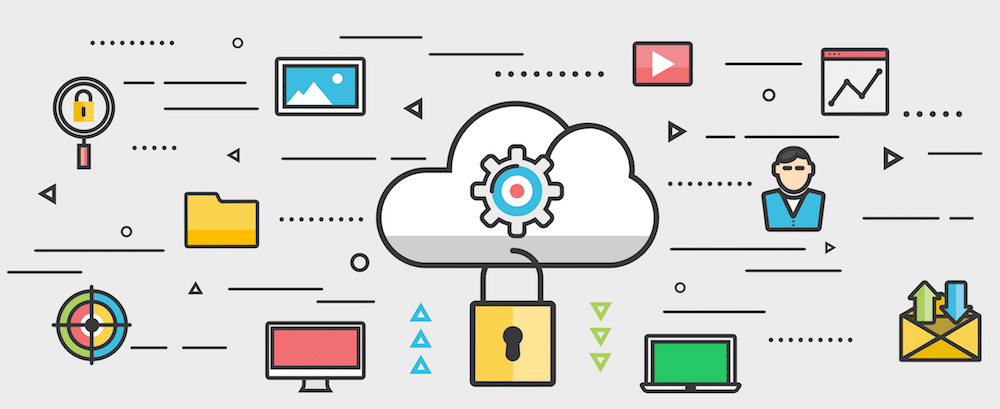
- Do you have time or resources to train your employees?
This answer depends on the type of end user. For example, if your sales team primarily consists of sales engineers then they may quickly adapt to a complicated CRM. However, training employees to use an intricate CRM will cost time and money. We suggest sticking to an easy to use a system with a simple learning curve. You should also think about how much training you need from the vendor. Some offer free training sessions, while others either don’t offer them or charge for these sessions.
- Can the CRM scale with your business?
When considering a CRM, you should look at whether the option you are picking can easily scale as your business grows. This doesn’t just mean the ability to add more users. Will the pricing work as you grow the business? Are there features that you would need as a larger business?
- Does the CRM Integrate with tools I use?
Consider whether the CRM can integrate with standard tools you use so you can share the data. For example, FieldPulse can connect with Square, a popular payment processor and QuickBooks. This means you can easily send invoices and accept payments from your clients while keeping everything in synch.
- Does the CRM allow me to create custom reports?
Your CRM should allow you to create the reports that you need and that are unique to your business. Optionally, it should be easy get your data out of the tool and into reporting software like Microsoft Excel. Either way, you may need to look at your data in a way that the vendor hasn’t envisioned, and you want to make sure it’s possible before you get there.

- Is the vendor well known and reliable?
Check to see if the vendor has excellent third-party ratings and reviews, and can provide you the support you need. Research the vendor on business software websites like Capterra.
V. CRM Requirements Checklist
Once you have your list of business requirements, you want to look at the functional requirements of the software. We have compiled a list of some of the most important factors you should consider when researching and comparing different CRM options. Remember to keep your business requirements in mind while going through this list!
1. Sales Tracking
The most important function of a CRM is managing relationships, leads, and sales opportunities. The CRM should enable you to collaborate more efficiently, store contacts the way you need them and create/send proposals easily.
2. Contact Management
As we stated earlier, managing contacts with the information you require at your fingertips is a critical function of a CRM. Your team should have easy access to the right contacts as well. We’ll discuss user roles more in a moment, but you’ll also want to make sure there are limits on who can see which contacts.
3. Reporting Requirements
The CRM should be able to create commonly used reports for your industry. The CRM should also allow you to generate customizable reports and dashboards that give you actionable insights about your business, or as mentioned above, export data for analysis.
4. Email Support
Email is a vital tool for communication in today’s business world. Check to see that the CRM works with your email provider so you can easily track conversations with leads and customers.
5. Available Everywhere
Having your CRM accessible on the go is essential for businesses that send employees in the field or that have employees who work remotely. You may want to access your CRM’s data from any of your devices.
6. User Roles
A good CRM would allow you to create different user roles to give employees access to varying levels of information. User roles help keep your sensitive data secure. For example, administrators should be able to add and delete contacts as needed. But a field technician should only be able to see jobs and contacts assigned to them.
7. Track Sales Stages
You should be able to set stages according to your sales cycle and move leads through the funnel as they get closer to buying from you.
8. Industry Specific
We believe this is an essential requirement in selecting a CRM. Having a CRM solution that is built for your industry will save you countless hours in set up and will enable you to get started with industry best practices right from day one.
9. Security
Having a user activity audit trail can help you keep track of who is accessing what data or making changes to your CRM. It can also help you quickly pinpoint any mistakes made by employees.
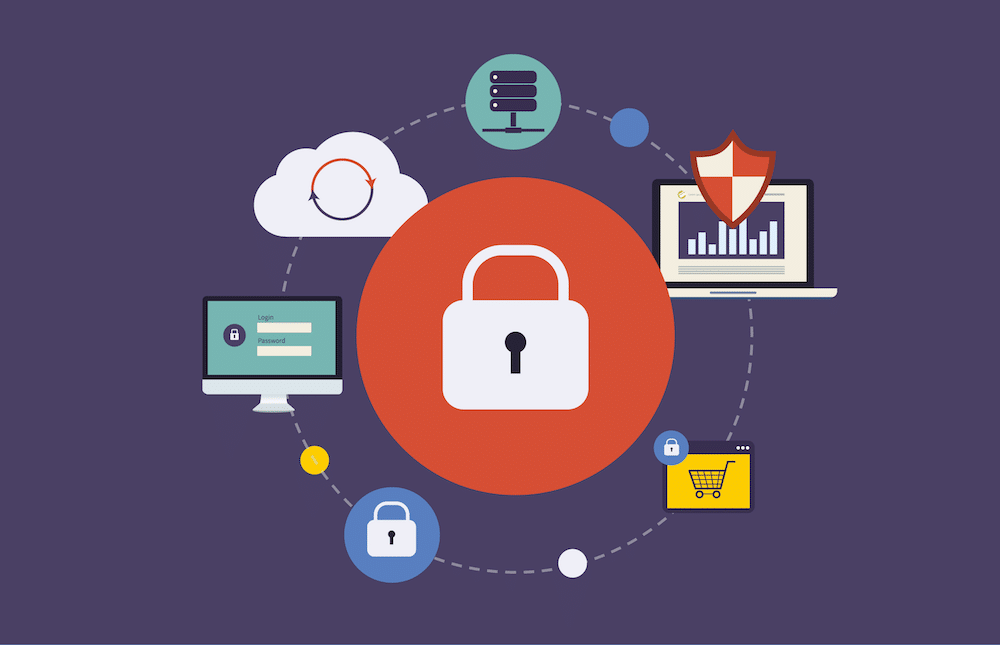
10. Backups
While most CRMs are hosted in the cloud and backup all their data regularly, you should ensure that this is the case. The data in your CRM is your businesses’ most important asset.
11. Pricing
Many CRM providers require yearly contracts and annual billing. This can reduce your costs long-term, but requires you to make a bigger commitment. And it can be more difficult to address slow seasons when you have fewer contractors. Some offer month-to-month pricing which allows you more flexibility. And sometimes, they will offer either option. It’s important to consider which option will work best for you.
12. Scalability
You want to make sure that you can easily scale your CRM user requirements up and down without paying any extra fees or having to transfer your data to another solution.
13. Integration
Most cloud-based software services offer APIs which allow you to programmatically connect your CRM and pull data from their software. Check to see if the CRM plays nice with other solutions you are already using.
14. Support
Many vendors offer support and high availability when you are in buying mode, but do research to see that you will receive the same high quality of help once you have made your selection.

15. Updates
The last thing you want is to get stuck with a CRM provider who does not regularly update their product with new features or improvements based on user feedback. While the solution may be appropriate today, technology evolves very fast so you should keep a lookout for tomorrow as well.
16. Vendor Information
Conduct research to learn about the vendor’s track record in the market. Are their customers satisfied? Do they get good reviews? Are they long-term partner? Remember, your CRM selection is a long-term investment in the future of the company.
17. Reviews
Check out review sites like G2Crowd or Capterra for actual user reviews of the software. Use the comparison tools to learn the differences between the products to make an informed decision.
18. Data Portability
We hope it does not come to this, but ask the vendor if the data can be easily exported. Data portability can help you protect your data and easily migrate to another solution if the current one does not work out. Similarly, check if the data is exported in a proprietary format or something more common like csv.
VI. Popular CRM Solutions
In this section, we’re going to cover some of the popular CRM options from the hundred plus options out there.While most of the CRMs on this list aren’t geared towards contracting businesses, we selected them because they are the most appropriate for small to medium-sized businesses. We’ve also tried to include different price ranges including a free option!If you’re just beginning your research into CRMs, we recommend starting with this list since it covers some of the more common options you’ll come across. Some like HubSpot is geared towards general businesses but others like Zoho CRM have different industry templates. We’ve also included whether the CRM offers a companion smartphone or tablet app, which we believe is vital for any contracting business.
1. SalesForce CRM for Small Business
Overview: SalesForce is one of the most popular CRM solutions in the market. They offer products for all business sizes, and the product is highly customizable.Pricing: $25/mo for five users billed annuallyMobile App: iOS and Android
2. HubSpot
Overview: HubSpot is a free CRM solution that provides all the necessary functionalities you would expect of a CRM. The CRM is not very customizable or specific to any industry.Pricing: FreeMobile App: No mobile app offered
3. PropellerCRM
Overview: PropellerCRM is a CRM that integrates into your Gmail or Google For Work account, allowing you to manage your leads and do all your work from within Gmail.Pricing: $29/user/mo billed annuallyMobile App: No mobile app offered
4. Zoho CRM
Overview: Zoho CRM is a CRM solution that offers industry-specific modules and is customized to fit your business needs.Pricing: $12/user/month billed annuallyMobile App: iOS and Android
5. FieldPulse
Overview: FieldPulse offers an all-in-one CRM application for contractor based businesses. Our view is that the data needs to be connected for your business – customer information should be related to invoices, jobs, and payments.Pricing: Starts $20/mo. Each additional user starts at $5/mo. No annual contract required.Mobile App: iOS and Android
VII. What Are CRM Best Practices?
We’ve put together these best practices that you should follow to tap the full potential of your business. Following these guidelines will help you maximize your ROI on the CRM and grow your business without turning you, or your employees, into data entry monkeys.
1. Match your needs
The most important thing you can do is to find a CRM that can match your business needs. Spending time researching the best options for your industry and size of business will go a long way in guaranteeing success.For example, we specifically built FieldPulse for small to medium-sized service businesses. Every feature we develop is built to address the intricacies and challenges of a contractor business.
2. Train your employees
To facilitate adoption and CRM success, you should focus on employee training when implementing your CRM. Provide them with training sessions to stay up to date with newer features and a resource to answer any questions they may have. Share self-serve training options with your team, like videos and “how to” guides that your vendor develops.
3. Create rules
To ensure that your data is not corrupted with incorrect entries or employees misusing the CRM, create a clear set of rules for everyone using the tool. For example, you may want the salesperson to enter any new leads within three days. However, the salesperson may forget or think it is not her responsibility. Therefore, if you create rules, you need to enforce them.
4. Automate
Modern CRMs offer tons of automation that can do a bulk of managing your relationships. Use automation to save your employees from doing tedious and repetitive tasks.For example, with FieldPulse, you no longer have to copy and paste customer emails. Using a customized template for a customer communication, FieldPulse automatically fills in the field values based on your job and customer data to make sending emails a breeze.
5. Encourage Collaboration
CRMs encourage different departments to collaborate with one another by having information accessible to everyone. This enables different people to add in data and work together to achieve the organization’s goals.
6. Use the Data
CRMs are the lifeline of your business because of the amount of data they store. CRMs are also built with tools to give you actionable insights about your data and how you can use it to grow your business. Therefore, you should analyze the data in your CRM to maximize your ROI.
7. Keep it simple
Our last piece of advice is to keep your CRM simple. Doing so will help you use all the features and won’t overwhelm you with things your business does not require. Moreover, you will waste your time and money on features you will not use. If it’s built for your industry, it’s more likely to match how you do business, which makes the CRM simple from the start.
VIII. Conclusion
We know that implementing a CRM can seem like a big task for small businesses. Most business owners don’t have the time to learn complicated software. They just want to focus on their customers and their business. The CRM should add value, be easy, and fit the way you do business.Our philosophy is that a contracting business needs an all in one solution – to manage jobs, accept payments, create invoices and build relationships with customers. This is why we created FieldPulse. We empower service businesses to maximize their potential by taking away the tedious and complicated tasks. You have chosen to consider using technology that enhances your business and lets you focus on growth. This is the real end goal of using a CRM solution.
